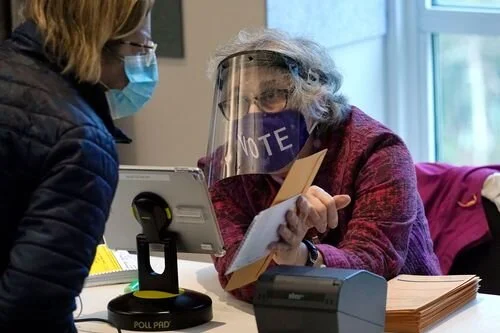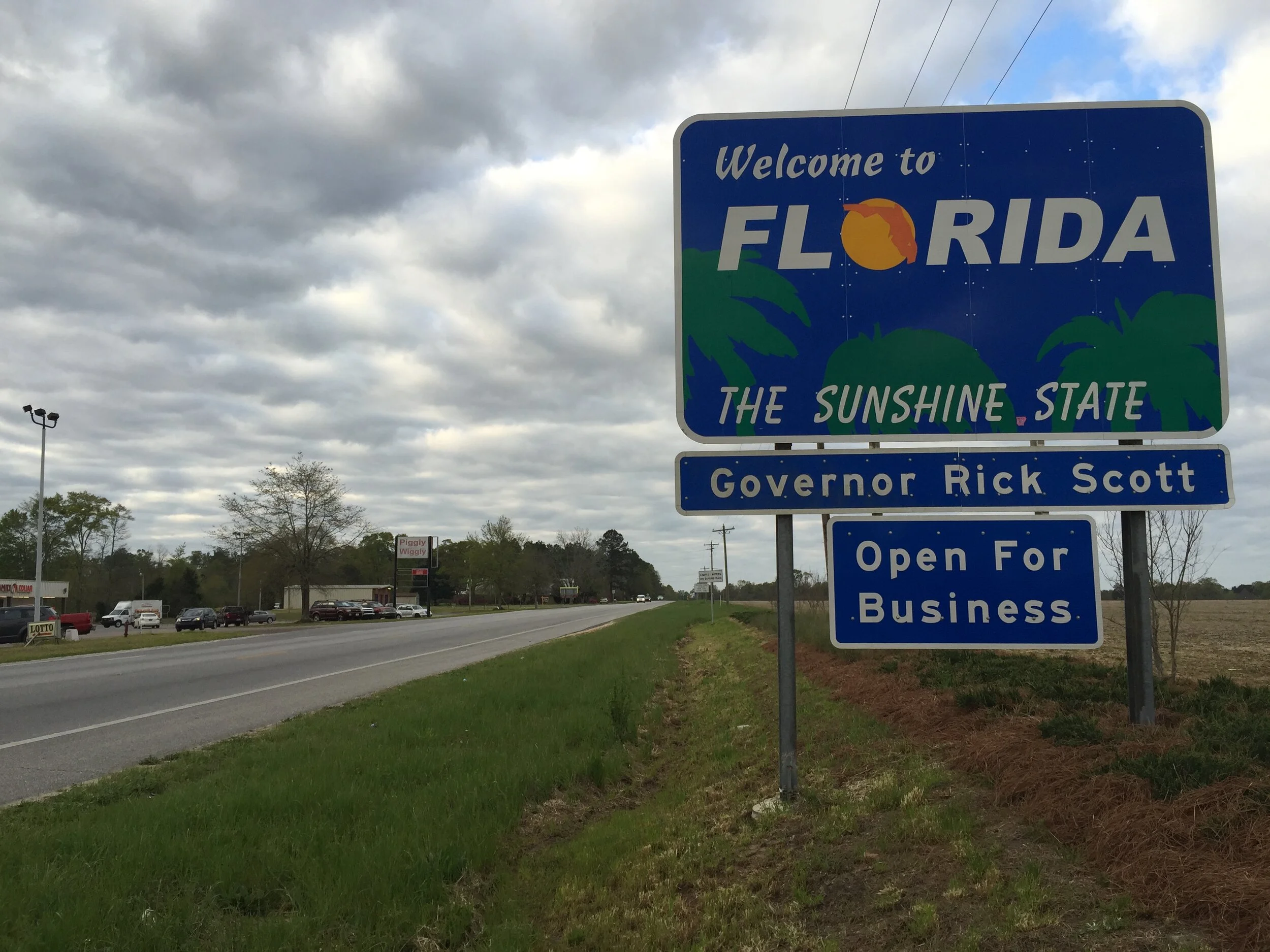What to expect on election night By Luke Perry
There may not be a definitive presidential victor on election night. States differ on how and when ballots are processed, affecting over 40 million votes cast by mail thus far. 37 states begin processing ballots prior to November 3, but just eight count ballots early.
Results will be available Tuesday for some swing states like Florida, North Carolina, Minnesota and Arizona, but not others, including Michigan, Wisconsin, and Pennsylvania, which could take a few days or longer.
In the end, three years of campaigning will culminate in basic math.
President Trump cleared the 270 Electoral College vote threshold by just 36 votes in 2016. Eight of the ten most competitive states this cycle are states he won. This is a challenge for any presidential candidate, irrespective of particular issues and challenges that defined this campaign.
If Trump loses 37 votes, equivalent to just two or three states, he needs to make them up elsewhere, barring upsets. As a result, winning 6 out of 10 swing states may not be good enough.
For instance, if Trump holds Ohio, Florida, North Carolina, Arizona, and Iowa, while adding New Hampshire, he would still lose with Biden flipping Michigan, Wisconsin, and Pennsylvania, and retaining Minnesota.
Win or lose, both sides should respect the results. The peaceful transition of presidential power is imperative for U.S. government, a unique and beneficial American norm since 1800, the first peaceful transition of power between political parties in world history.
This becomes all the more important as swing states potentially experience post-election legal battles. The Trump campaign and Republican Party have already taken legal action against voting by mail, including in pivotal states, such as North Carolina, Michigan and Pennsylvania, making it more difficult for voters to obtain ballots, eliminating drop boxes to submit ballots, shortening the time period for ballots to be submitted, and forbidding voters from fixing technical errors on their ballots.
Photo from WKTV
80 million people have already voted, record turnout for early voting, and 20 million more than 2016. Some states, like Texas, have already exceeded their turnout from 2016.
This a triumph of democracy. U.S. voter turnout is typically much lower than other industrialized nations. Less than half of eligible voters participated in the 2018 election.
The more people who vote, the clearer the nation’s views become, the better Americans hold elected officials accountable to the largest and most inclusive conception of public good.
Like many of you, I will be glad when this election is over. Hyper-partisanship has made an inherently divisive process nearly toxic for U.S. government.
I hope Election Day brings a calming scorecard that determines the political direction of the country for the next two years. I also recognize that is unlikely, absent a landslide victory.
The best we can do is talk and behave in ways that strengthen democracy, serving as a positive example before our families, friends, neighbors, and co-workers.
This requires restraint, choosing our words carefully, being thoughtful about not only partisan values, but more importantly, the well-being of democracy, whose perpetuation literally sits our shoulders.
I have researched and lived in post-Soviet countries struggling to develop what we have. Democracy is fragile. The national spotlight shines brightly on Donald Trump and Joe Biden, but the collection of our daily choices show our leaders what is acceptable and unacceptable. I urge everyone to take this responsibility as seriously as exercising your right to vote.
Luke Perry (@PolSciLukePerry) is Professor of Political Science at Utica College and Director of the Utica College Center of Public Affairs and Election Research.






